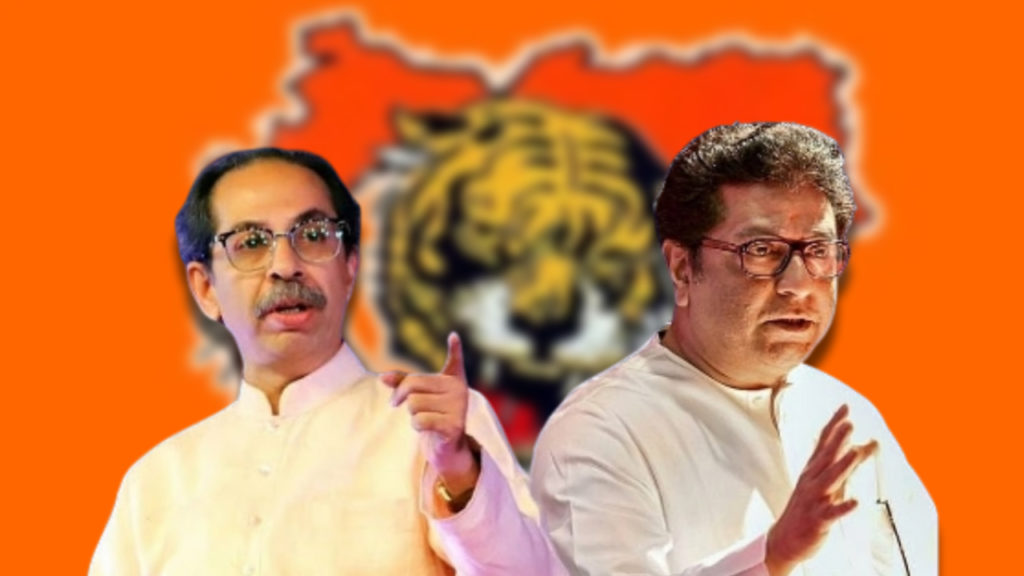The interim budget for 2024, recently presented by Finance Minister Nirmala Sitharaman, has once again underscored the government’s unwavering commitment to education reforms. Sri Jaydeep Patwa, Secretary of SPK Jain Futuristic Academy, shares insights into the key aspects of the budget that impact the education sector.
Unprecedented Growth in Educational Institutions:
One of the standout features of the budget is the significant increase in the establishment of institutes for technical and higher education. IITs, IIMs, IIITs, and AIIMS are being established in large numbers, reflecting the government’s dedication to providing quality education across various fields. This move is expected to enhance the overall educational infrastructure of the country, catering to the growing demand for skilled professionals.
Empowering Women through Education:
Sri Jaydeep Patwa acknowledges the government’s continued focus on women’s education, considering it a cornerstone of government policy. The budget reinforces the importance of empowering women through education, recognizing the pivotal role they play in the nation’s progress. Initiatives aimed at promoting female education are crucial for achieving gender equality and fostering an inclusive and progressive society.
Request for GST Refunds:
In light of the positive strides in education, Sri Jaydeep Patwa urges the government to consider implementing a system of Goods and Services Tax (GST) refunds for educational institutions. This measure aims to alleviate the financial burden on these institutions, reducing capital and infrastructure costs. By creating a mechanism for GST refunds, the government can contribute to lowering the overall cost of education, making it more accessible to a broader spectrum of the population.
Conclusion:
The interim budget for 2024 signals a continued commitment to education reforms, with a focus on expanding the reach of education across the nation. Sri Jaydeep Patwa, Secretary of SPK Jain Futuristic Academy, applauds the government’s initiatives in establishing renowned educational institutions and prioritizing women’s education. The call for GST refunds for educational institutions is a constructive suggestion, highlighting the importance of financial support to further enhance the quality and accessibility of education in the country. As we move forward, collaboration between the government and educational institutions will be pivotal in translating these budgetary commitments into tangible improvements in the education sector.









